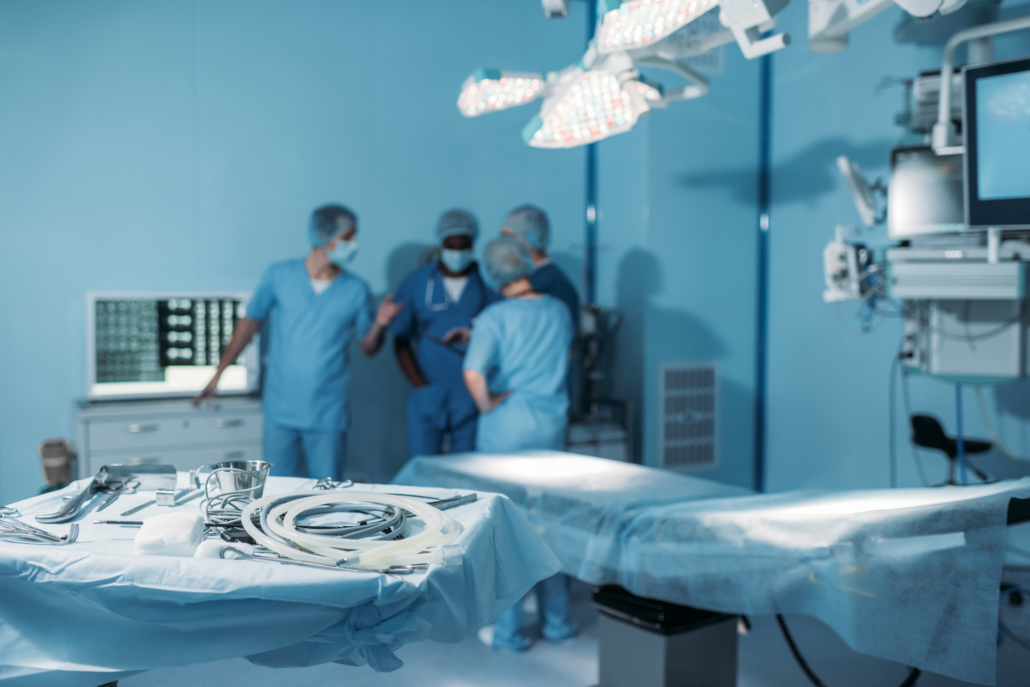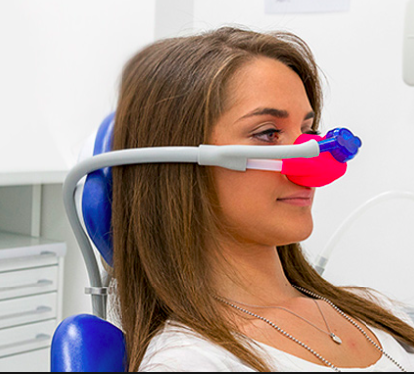Multiple sclerosis is a chronic disease, an inflammatory condition of the central nervous system that can affect the brain, brainstem and spinal cord.
In patients with multiple sclerosis, antibodies attack the proteins of the myelin sheath that is found around neurons, this condition leads to the formation of scars and plaques that damage neuronal functions.
In patients with this insidious disease, the transmission of nerve impulses can become slowed, distorted, partially or totally blocked.
The origin of multiple sclerosis is still under the attention of the international scientific community; to affect the causes could be:
- genetic factors;
- environmental factors;
- lifestyle.
This disease is divided into four main types:
- relapsing-remitting;
- primary progressive;
- secondary progressive;
- benign.
Aside from the benign type characterized by mild and non-constant symptoms, the other types of multiple sclerosis are often progressive and severely disabling.
Symptoms
The diagnosis is not always clear and immediate, the main symptoms of the disease are:
- visual disturbances;
- neuropathy;
- motor weakness which can lead to reduced mobility;
- balance problems that can cause movement and mobility difficulties;
- fatigue.
In an advanced stage the patient can be affected by: paralysis of the limbs, decreased muscle tone, problems with the bladder and the nervous system.
From a dental point of view, a patient with multiple sclerosis can have: speech and swallowing disorders, facial paralysis and trigeminal neuralgia.
The impact of multiple sclerosis on oral health
Research published in the British Dental Journal of September 2021 has clarified what the impact this pathology can have on oral health.
The motor difficulties that often distinguish patients with this disease make it impossible to perform proper oral hygiene at home or physically go to a dental center. For this reason, many of the multiple sclerosis patients experience periodontal disease and dental caries.
Since this is a disease with acute and other periods of remission, it would be advisable to schedule dental visits during the periods of remission of the disease, when neurological symptoms may be minimal.
Dental clinics with specialized skills can accommodate this type of patient by resorting to conscious sedation and other highly technological tools to make the visit as comfortable as possible.
The reconstruction of the patient’s anamnesis is fundamental, starting from the pharmacological therapies to which he is subjected and which can have side effects that mainly affect the oral cavity.
In the dental examination of a person suffering from multiple sclerosis, the competence and manual skills of the operator are of great importance, since they are fragile patients who may have difficulty keeping their mouth open.
The joint approach of dentist and neurologist is also decisive in patient care.











